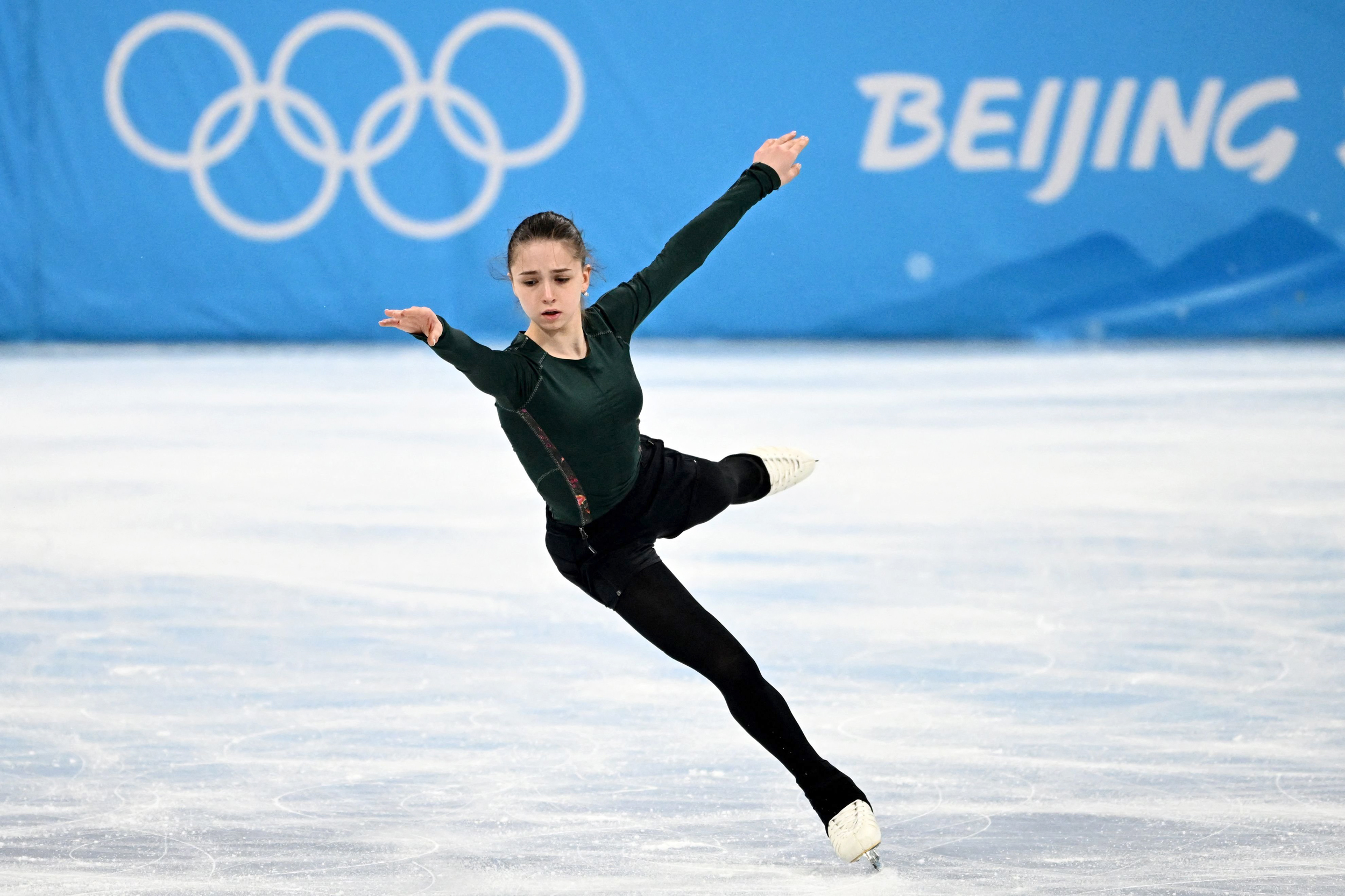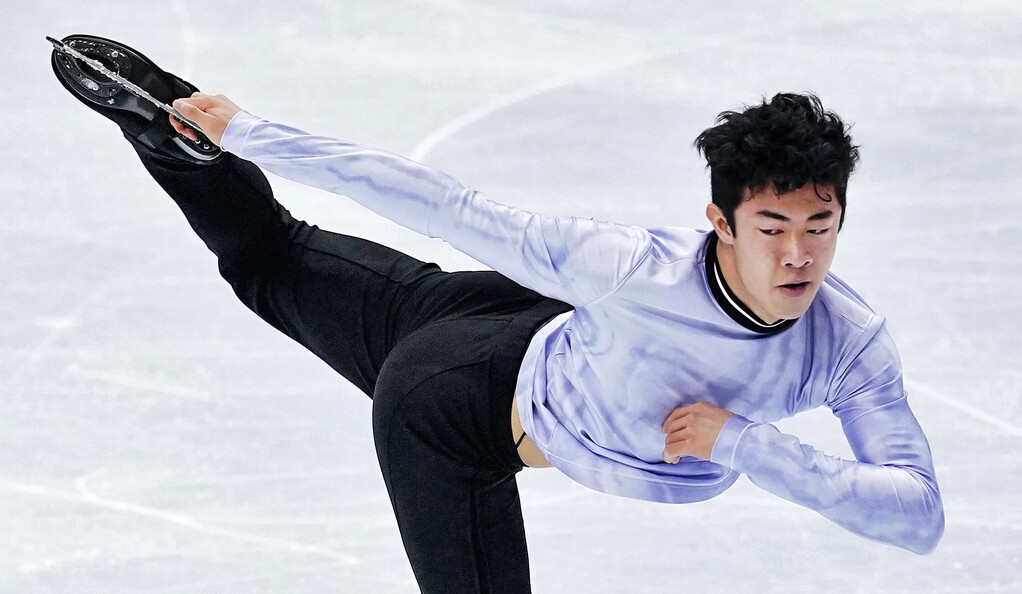The International Skating Union (ISU) stated Tuesday that the minimum age for senior competitions would gradually grow from 15 to 17.
After Russian skater Kamila Valieva, aged 15, was caught in a doping incident at the 2022 Beijing Olympics in February, the decision was made following a vote at the 58th Congress in Phuket.
The world governing organization said in a statement on Twitter: "The ISU congress voted to gradually raise the age restriction from 15 to 17 years to protect skaters' physical and mental health, as well as their emotional well-being.
For 2022/23, there will be no change; for the season 2023/24, there will be an increase to 16 years; and for the season 2024/25 and following seasons, there will be an increase to 17 years.
Trimetazidine, a prohibited cardiac medicine that can increase endurance, was found in Valieva's system.
Even though the test was completed in December 2021, it was only analyzed and reported to Russia's Anti-Doping Agency (RUSADA) in February, resulting in Valieva's provisional suspension — just one day after she helped the Russian Olympic Committee (ROC) win gold in the figure skating team event.
After an appeal, the skater was rehabilitated and allowed to compete in the Olympics by the Global Athletefor Sport (CAS), citing special provisions linked to her protected status as a youngster.
Valieva then competed in the individual figure skating event, where she finished fourth after falling many times and crying on the rink.
The World Anti-Doping Agency (WADA) has said it would investigate Valieva's entourage, including the adults in charge of her skating and well-being.
CNN has contacted WADA for comment.
Global Athlete, a sports advocacy group, has previously called for "urgent reform" of anti-doping procedures and improved protection protocols.
"Raising the age limit is an essential start, but an even more crucial step is for all National Federations to implement athlete safeguarding measures," said Rob Koehler, director-general of Global Athlete, in a statement.
Raising the age limit will not responsibly protect youngsters. Young athletes will continue to train to achieve their goal of competing at an international level, so a variety of best practice standards must be in place to protect every young child participating in the sport. This must contain independent reporting lines from outside parties.



Login To Leave a Comment